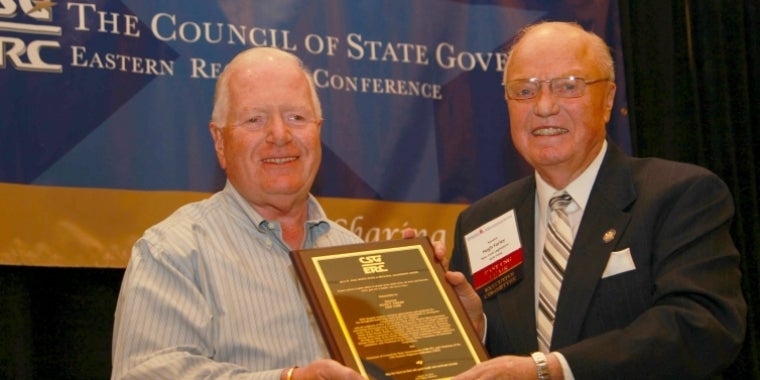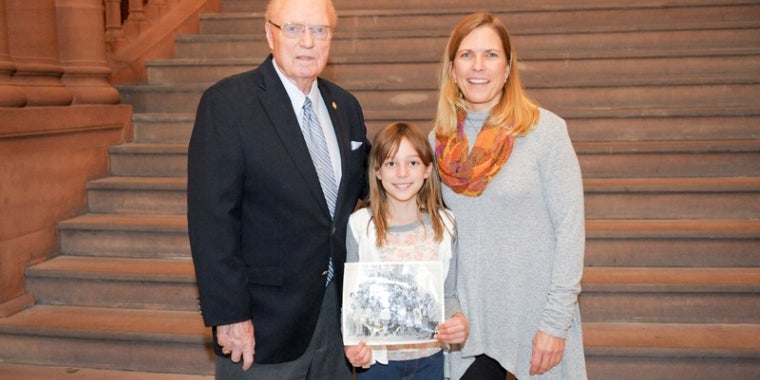
Senator Farley Urges Caution When Home Heating This Winter
With the heating season on us, it is best to make sure your heating source is clean and running properly. If it is not, you may be at risk of getting carbon monoxide poisoning. Colorless, odorless and tasteless, carbon monoxide is one of the leading causes of poisoning deaths in the United States.
Carbon monoxide acts to prevent blood from carrying needed oxygen. Prolonged exposure to low levels of carbon monoxide can cause permanent injury to internal organs, especially for the very young, very old, those with heart disease and pregnant women.
Carbon monoxide is a gas which is produced by burning any fuel. Every fuel-burning appliance in your home -- including a room heater, furnace, water heater and fireplace -- is a potential carbon monoxide source. When these items are operating improperly, they can produce fatal carbon monoxide concentrations. Car exhaust and barbecue grills are other sources of carbon monoxide.
Since the furnace and other heat sources run more in the wintertime, the exposure to potential carbon monoxide poisoning can be much greater. Make sure appliances are installed properly. Have the furnace and other fuel-burning appliances checked once each year. Regularly inspect appliances to make sure they are working properly. Get a carbon monoxide detector and change the batteries once a year.
Other safety tips include never using gas appliances such as ovens and stoves to heat your home, and never leave a car running in an attached garage, even with the garage door open. Be sure to check for any blockages such as leaves and nests in chimneys and check appliances for any improper connections, visible rust or stains.
If you are ever stuck in your car during a snowstorm, be sure to open a car window slightly to avoid carbon monoxide poisoning. Also make sure the tail pipe is not blocked if you keep the motor running while waiting for help.
The initial symptoms of carbon monoxide poisoning are similar to the flu, but without the fever. They include dizziness, fatigue, headache, nausea and irregular breathing. If you or someone in your home experience symptoms that you think could be from carbon monoxide poisoning, get fresh air immediately and go to the emergency room. Continued exposure to carbon monoxide can lead to more serious injury or death.
To obtain a free brochure on carbon monoxide safety, call my office at 455-2181 (Albany), 843-2188 (Amsterdam) or 762-3733 (Johnstown). For more information on this topic, you can also call the United States Consumer Product Safety Commission at (800) 638-2772.



